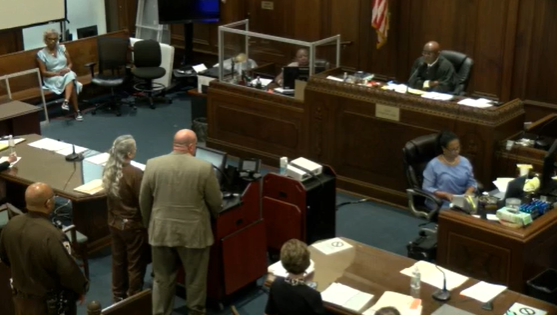Allegations of SNAP Fraud
Importance of Safeguarding Public Assistance Programs
According to WJTV.com in a troubling turn of events Copiah County resident Ashley Johnson faces serious charges for allegedly defrauding the Supplemental Nutrition Assistance Program (SNAP) of a substantial sum. According to the Mississippi Department of Human Services (MDHS) Johnson’s arrest follows an intensive investigation into SNAP fraud revealing that she received a staggering $31,259 in benefits through deceitful means. Allegedly Johnson provided inaccurate information regarding household income and composition to the agency exploiting vulnerabilities within the system for personal gain. The severity of these allegations underscores the critical importance of safeguarding public assistance programs designed to support vulnerable individuals and families. SNAP serves as a lifeline for countless households aiming to alleviate food insecurity and ensure access to nutritious meals. Instances of fraud erode the program’s integrity and divert essential resources away from those who genuinely require assistance. Johnson’s case stands as a stark reminder of the ongoing need for vigilance in detecting and addressing fraudulent activities that compromise the efficacy and fairness of vital social welfare initiatives.
READ ALSO: Woman killed in Madison County house fire

$31,259 in SNAP Benefits: Copiah County Resident Arrested for Alleged Fraud, Underlining Need for Strengthened Public Assistance Oversight! (PHOTO: WJTV)
Upholding Integrity and Accountability
The swift response from MDHS in pursuing legal action against Johnson demonstrates a firm commitment to upholding the integrity of public assistance programs. By promptly referring the case to the Copiah County District Attorney’s office and securing an indictment authorities signal their determination to hold accountable those who exploit essential services for personal gain. As investigations progress and legal proceedings unfold Johnson’s case serves as a poignant reminder of the ongoing challenges in ensuring the proper administration and oversight of programs intended to support vulnerable members of society. It underscores the continuous need for robust measures to prevent and address fraud ensuring that resources are allocated efficiently and equitably to those most in need.
Furthermore, the case underscores the imperative for enhanced oversight and accountability measures within such programs to mitigate the risk of fraudulent activities. Additionally it emphasizes the importance of community education and outreach efforts to ensure that individuals understand the consequences of fraudulent behavior and are aware of avenues for seeking assistance legitimately. As authorities continue to pursue justice in Johnson’s case it serves as a call to action for continued efforts to fortify the resilience and efficacy of social welfare initiatives safeguarding them for those who truly rely on them for support.

















































